Copper Face Masks- What Protection Do They Provide?
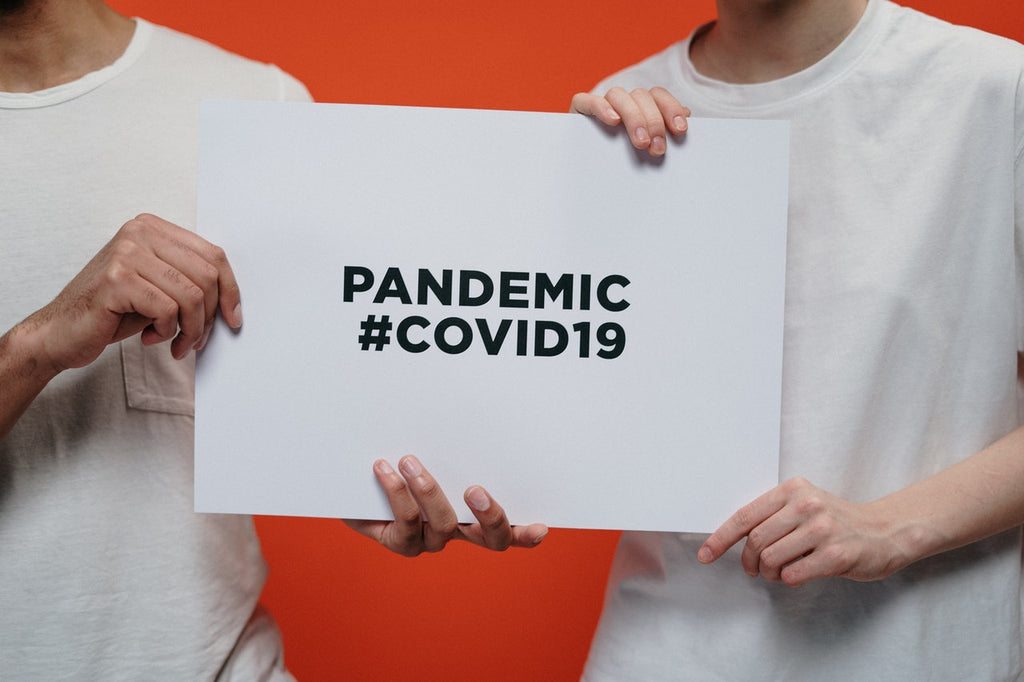
As I write we are still in the middle of a global pandemic. What we have experienced over the past year has been like no other. As humans we have learnt to adapt very quickly to new ways of living and new routines in order to keep us and loved ones safe. Some of these guidelines and rules have now become our new normal and may continue long after our pandemic ends.
Taking a face mask out- now feels as ingrained in me as picking up my phone, keys and purse does (alongside my anti bac hand wash of course!)
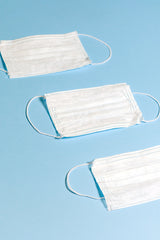
On 15th June 2020 in England, wearing a face mask or face covering became a compulsory requirement when using public transport, this also then became a requirement for entry to shops from the 24th July 2020. At the time of writing this article, these measures are still in place 10 months on- and could be likely for the foreseeable future.
Face masks have now become as much a fashion item as they are a means of protecting yourself from covid particles. But did you know that there are some face masks out there that work harder than others at protecting us? Anti-microbial face masks are said to be effective at killing bacteria.
Antimicrobial is a term referring to an agent that inhibits and kills microorganisms from growing. Essentially, with an anti-microbial face mask, when bacteria come into contact with it, the properties embedded within the fabrics act to eliminate and kill the bacteria. Copper infused fabrics are one such material that claim to offer that extra level of protection. But why copper?
Copper has long been associated with its antibacterial properties. Copper (with its alloys) is a natural source of antimicrobial material. Copper surfaces have properties that are scientifically proven able to destroy a range of microorganisms that come into contact with the copper- some within a matter of hours, in contrast to other materials whereby the microorganisms can last up to weeks.
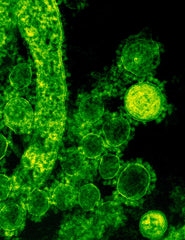
A study published https://www.nejm.org/doi/full/10.1056/NEJMc2004973 in the New England Journal Of Medicine concluded that a virus only lasted a few hours on a copper surface compared to that of another surface such as plastic whereby it could last for days. In fact, it has been proven that copper has an ability to destroy a number of superbugs; E.Coli, MRSA, Clostridium difficile, Influenza A virus, Adenovirus and Funghi.
New technologies are harnessing the power of copper and embedding ions into textiles in a bid to create a fabric that has these antimicrobial properties within them. Until now, copper infused fabrics have mostly been used within the medical industry. Pillow cases, bed sheets, hospital uniforms and gowns have used copper infused fabrics in order to create a more hygienic environment.
Manufacturers have now begun to use this technology in other fabrics and materials. Copper infused pillow cases, compression gloves, boxer shorts, face masks, socks, pants, pet beds, blankets are a few of many items available. So, could copper face masks really help in the fight against Covid 19?
Although no direct claims have been made from any manufacturers that copper infused face masks will kill Covid 19 particles there have been some positive findings. Given coppers strong credentials it could be said there is a good possibility in providing a better level of protection than other face masks.
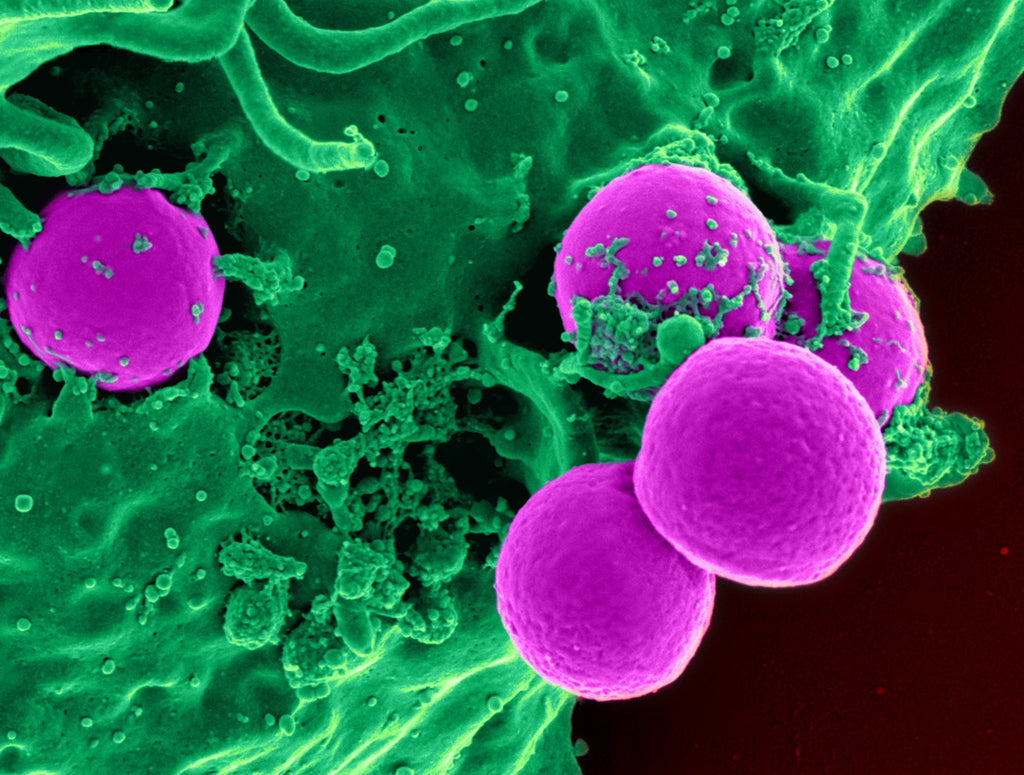
Although copper face masks could give you better protection there are some points to consider when choosing what to buy.
- Understanding the difference between the terms: Antimicrobial, Antibacterial, Antiviral
Antimicrobial- This is the umbrella term referring to inhibiting and killing microorganisms from growing. However there a vast number of different microbes so you would need to check the specifics.
Antibacterial- Refers to something that acts against bacteria. This is specific to bacteria- if you want protection from Covid-19 remember that this is a virus, so it would not be of any use.
Antiviral- Refers to something that reacts against viruses. However, this does not mean it will work against all viruses- there is a vast amount. Therefore, you would need to check which viruses it reacts with.
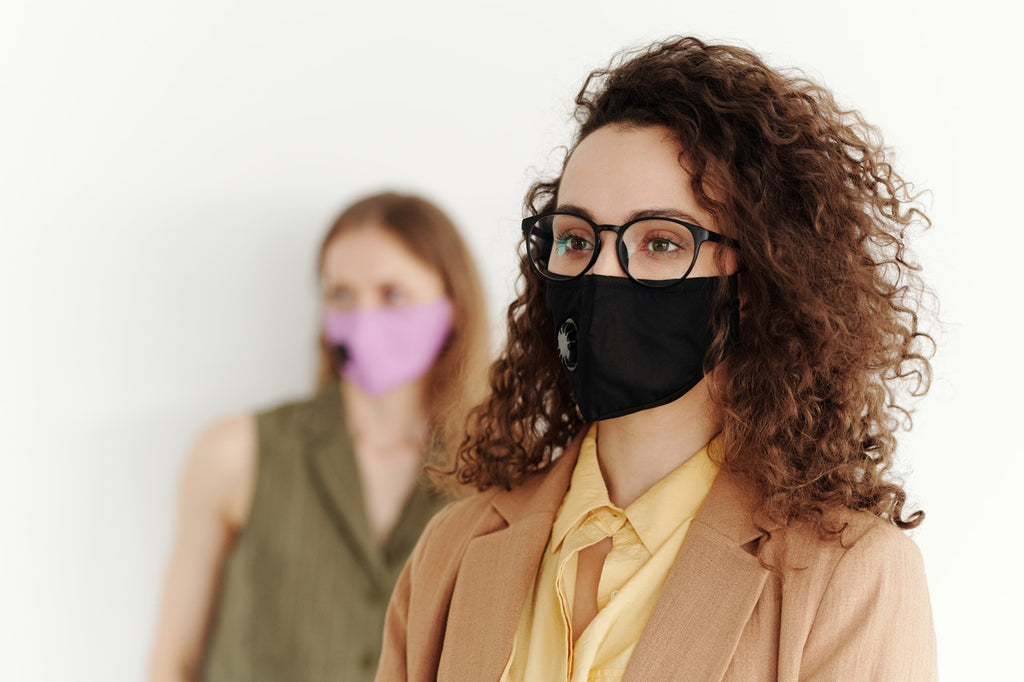
- Look at the certifications
Standards for reusable face masks are currently voluntary, therefore investigate for any evidence-based findings for any claims that the manufacturers make on the face masks. All makers should always state a disclaimer that they are not medical devices and they should not be used as such.
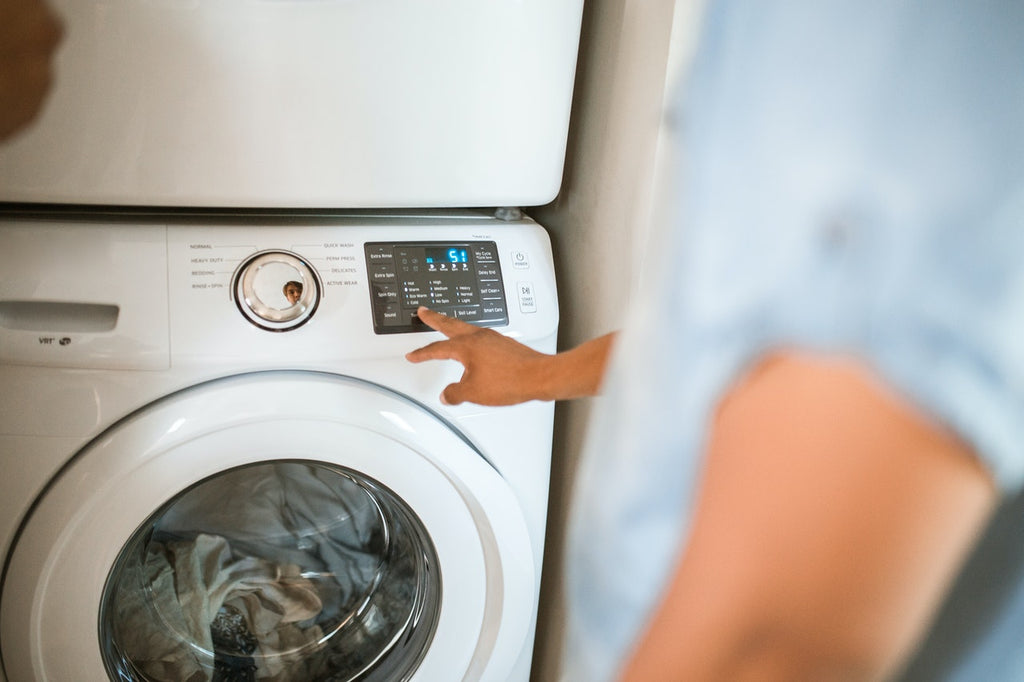
- Look for product specific requirements
Look at how much copper % the face mask has- if it has a very small amount of copper in it then its effectiveness may be questioned.
Look for the specific detail for washing requirements for the face masks- with special fabrics they are often not washed in the usual way using a washing machine.
Check how long the face mask says it is effective for- and if there is a limit to how many times it can be washed.
As always be aware that no face mask will ever offer complete protection. The most important thing is always to abide by social distancing rules, and hygiene standards- regularly washing hands.
